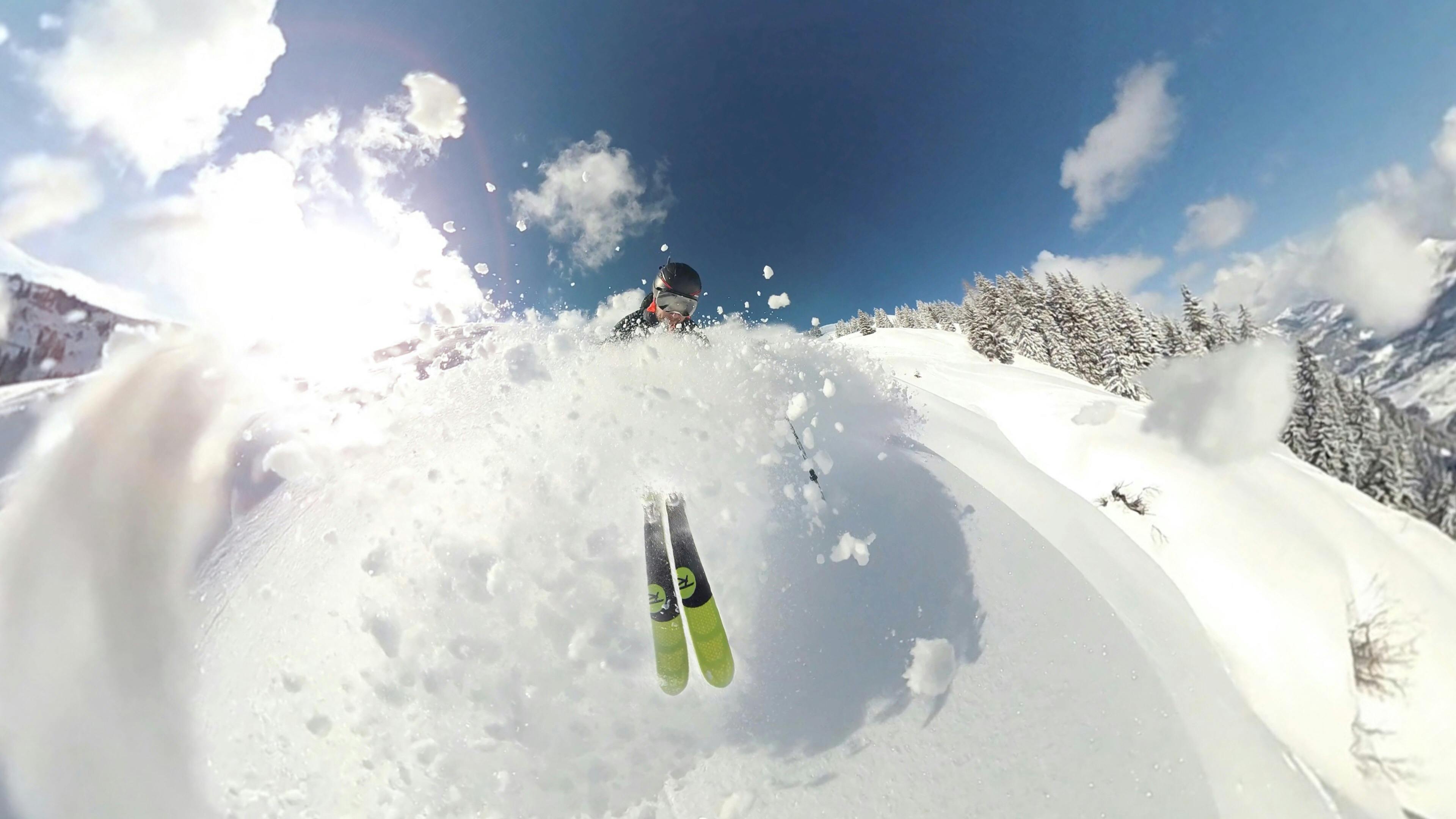Land of pleasant surprises!
FIFA World Cup
Did you know that despite its difficult history, the country’s sports system is one of the worst on Earth? Togo, led by the management of Otto Pfister, became one of 32 FIFA World Cup teams in 2006, ahead of Norway. Peru, the People’s Republic of China and 120 other countries and agencies. At the world tournament in Germany, Togo, one of the poorest states in sub-Saharan Africa, was one of the top 13 teams from the world’s developing countries. Since the end of the 20th century, soccer has been the national sport in the African country. Behind soccer, athletics and boxing are the most popular sports.
Geography
Did you know? Geographically, the modern Republic of Togo is one of the smallest countries on Earth. It covers approximately 21,900 square miles (56,785 square kilometers). Togo is a nation located along the coast of the Gulf of Guinea (southern West Africa) and is surrounded by Burkina Faso (once called Upper Volta) to the north, Benin (formerly Dahomey) to the east, and Ghana (former Gold Coast ) to the west. In addition, it is bordered to the south by the Atlantic Ocean, where there are many lagoons and tropical beaches. Much of the country is covered by hills, mountains, and dense forests. On the other hand, there are at least four rivers: the Haho, the Mono (navigable / the largest river in the country), the Kara and the Oti. Like its neighbors, it has a tropical climate. Mount Agou (3,940 ft / 1,200 m) is the highest point in the country. This French-speaking republic has more than 7,500 kilometers of modern roads. Finally, most of the population is concentrated on the coast.
Lome
Did you know? Lomé, the modern capital of the African nation, is located on the coast of Togo. Besides the capital city, other important cities are: Sokode, Kpalimé, Atakpame and Bassari.
Local idols
Did you know? Benjamin Kudjow Thomas Boukpeti, who has dual Togolese-French citizenship, is considered the best athlete in the country. Why? He became a national symbol when, against all odds, he won a bronze medal in the k-1 slalom kayak event at the Games of the XXIX Olympiad in the People’s Republic of China. Togolese athlete Boukpeti returned home to receive a hero’s welcome. Mr. Boukpeti was born on August 4, 1981 in Lagny-sur-Mame, France.
Ecotourism
Did you know that 17 percent of Togo has lush forests? For this reason, this small country is a paradise for ecotourism in West Africa. Distinguished wildlife sanctuaries in Togo include Keran National Park and the Fazao and Malkasa Nature Reserve, home to much of the country’s rich biodiversity. Without a doubt, the nation’s game sanctuaries and national parks are unique. The park offers an ideal place for crocodiles, monkeys, lions, hyenas, and other wildlife and seabirds. Exotic birds that live in the country include sparrows, drongs, and grebes. Meanwhile, the Akloa waterfalls are considered one of the wonders of the country.
Diplomatic relations
Did you know that Togo has had good ties with Paris for more than four decades and shares many cooperation programs? On the other hand, almost all African countries have diplomatic relations with Togo.
Anti-apartheid leader
Did you know that during the Cold War, this black republic strongly opposed apartheid in South Africa? Because of this, the 1976 Montreal Olympics were boycotted by Togo, along with several black-ruled nations, such as Zaire (now the Democratic Republic of the Congo) and Upper Volta (now Burkina Faso).
United Nations
Did you know? At the time of independence in the early 1960s, Togo became a member of the United Nations.
Economic Sciences
Did you know that cotton is the main export product? Other important exports are coffee and phosphates.
Ethnic group
Did you know? This French-speaking nation is a multiracial society of more than 30 ethnic groups, all united under the red, green and yellow national flag. The nation has been free from tribal rivalries since 1960.
Modern history
Did you know? Since the late 20th century, the small nation of Togo has been the sixth black-ruled republic in the world, after Haiti (1804), Liberia (1847), Ethiopia (1896), Sudan (1956) and Guinea (1958).
